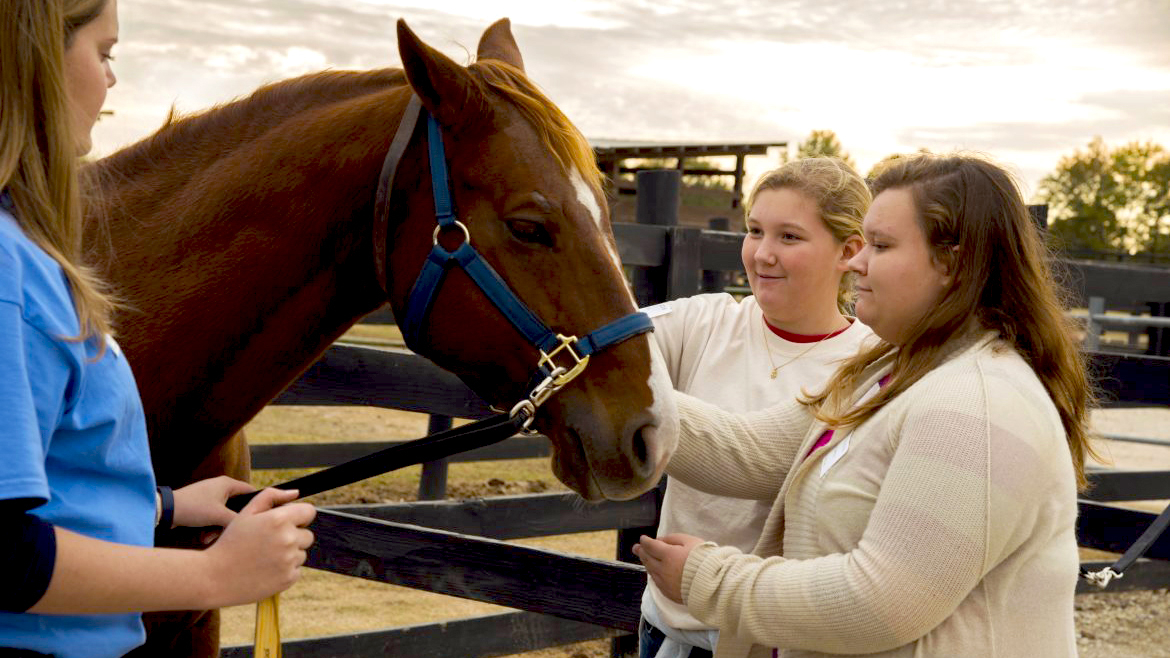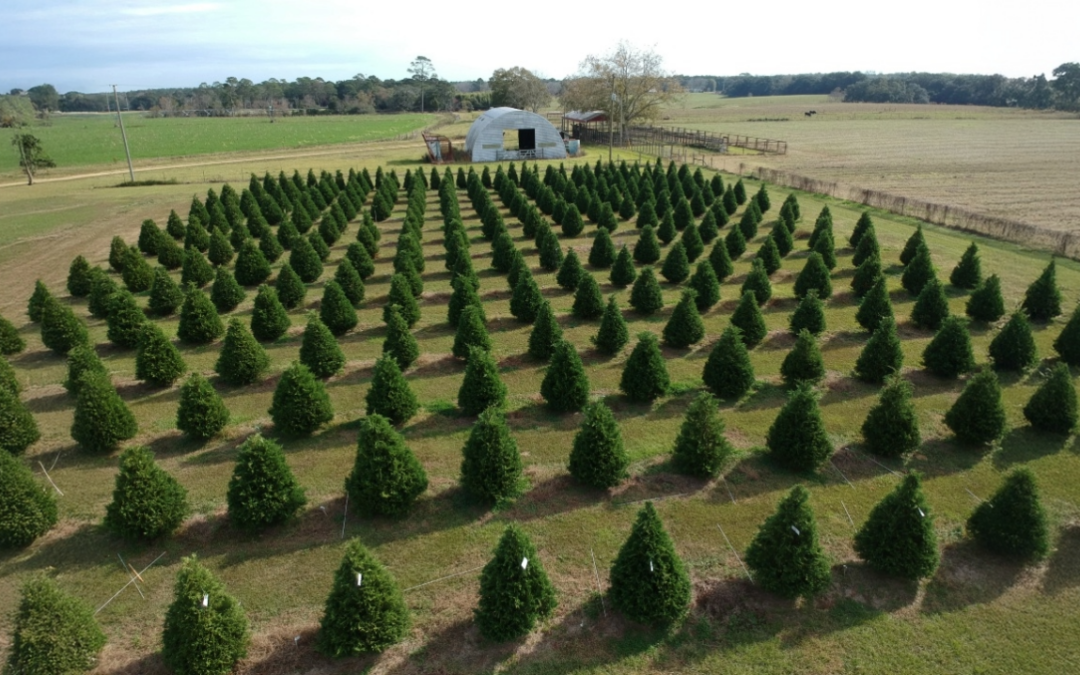By Maggie Smith / Nov 6, 2018 2:21:34 PM
News
Auburn University’s College of Agriculture and College of Veterinary Medicine are offering two educational programs for horse enthusiasts Saturday, Dec. 1, 2018.
Horse Course, through the College of Veterinary Medicine, is an educational program designed for horse owners and veterinarians. Five hours of continuing education credit is available for veterinarians.
Held at the Veterinary Education Center at the College of Veterinary Medicine, 1180 Wire Road, Horse Course topics will include equine acupuncture, pasture management, equine 911, colic, and foaling emergencies.
Horse U, a program of the College of Agriculture, is geared at teaching children age 9–18 who are interested in basic skills with horses, and will be held at the Auburn University Horse Center, 1235 Wire Road.
Activities will include a quiz bowl, saddle fitting, forage quality and analysis, horse judging, digestive track problems, and nutrition for special cases.
Both events begin at 9 a.m., with check in starting at 8:30 a.m. Parents and children attending both events are encouraged to drop off children first.
To learn more and to register for both programs go to: http://ansc.auburn.edu/outreach/horse-u.





